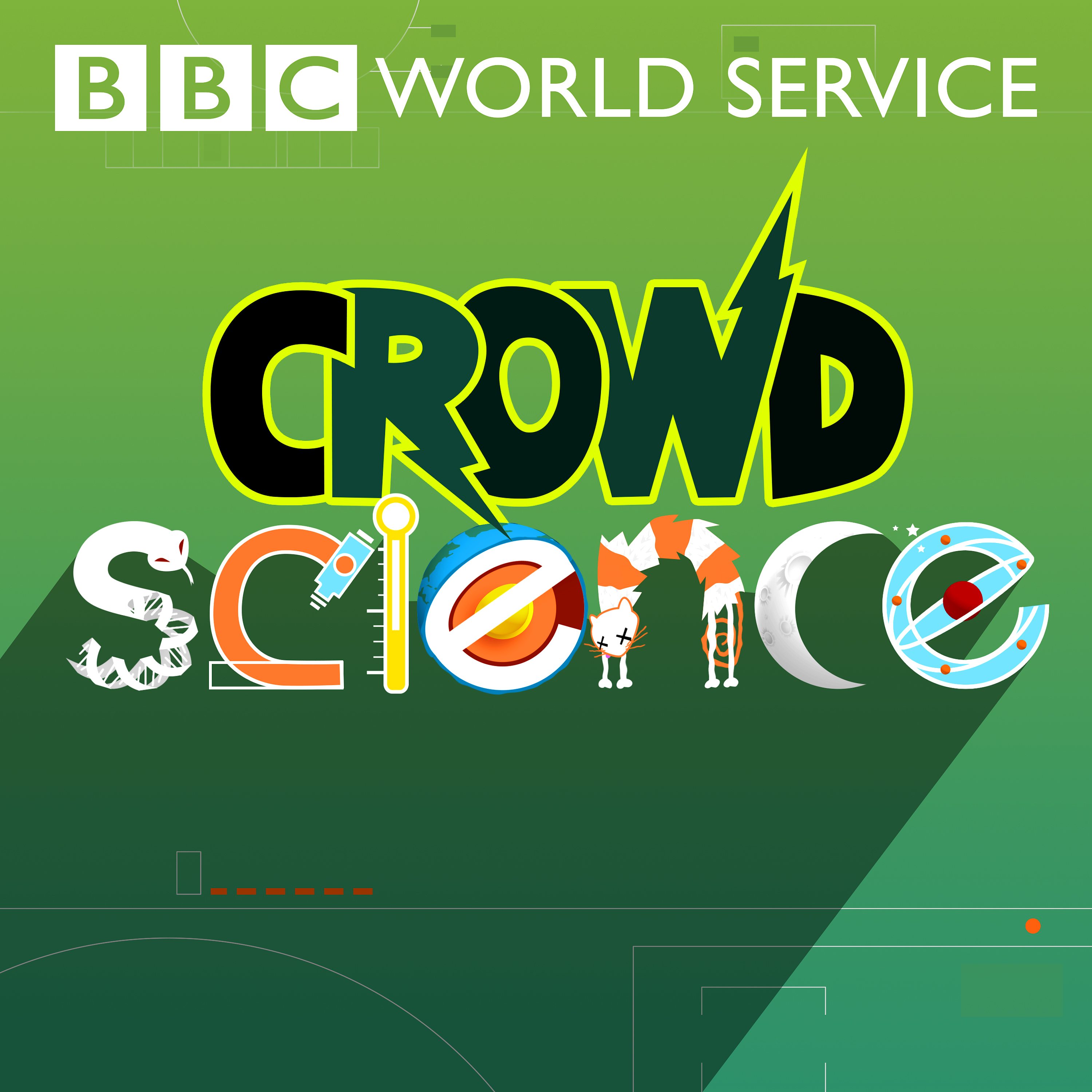
CrowdScience
Dec 15, 2023
Seeds are crucial to human existence – we eat them, we grow them and then we eat what they become. But what is a seed and how come it can sit there doing nothing for ages and then suddenly, when the conditions are right, burst into a plant?
That’s what CrowdScience listener Anke has been wondering. She runs an aquaponic salad farm near Stockholm in Sweden and she germinates thousands of seeds every week. With a bit of moisture and light, seeds that have been dormant for months can become leafy greens in just a few weeks. So are seeds alive, are they on some kind of life support, or is something else going on?
Presenter Caroline Steel sets off to Sweden to meet Anke, before heading for the Nordgen seed bank near Malmö. There she discovers how seeds being stored for future generations are tested for viability, and wonders what’s going on inside a seed that allows it to remain asleep before suddenly coming to life. How does a seed decide that the time is right?
We hear about one of the world’s longest running science experiments - a real-life treasure hunt that takes place every twenty years in Michigan, USA. Plant biologists tramp through the snow looking for bottles of seeds that were buried nearly a century and a half ago. Once found they try to germinate them. What superpowers does a seed need to be able to last that long?
Caroline also meets the woman who tried to grow date seeds that had been discarded at the palace of Herod the Great 2000 years ago, and ended up with previously extinct trees that produce delicious fruit. Surely a seed can’t have been alive for that long. Or can it?
Contributors:
Anke Johanna van Lenteren, Johannas Stadsodlingar, Sweden Johan Axelsson, Nordic Genetic Resource Center, Sweden Prof George Bassel, University of Warwick, UK Dr Grace Fleming, Michigan State University, USA Dr Sarah Sallon, Hadassah Medical Center, Israel
Presenter: Caroline Steel Producer: Ben Motley Editor: Richard Collings Production Coordinator: Jonathan Harris
(Photo: Hands holding spinach seeds. Credit: Vince Streano / Getty Images)

